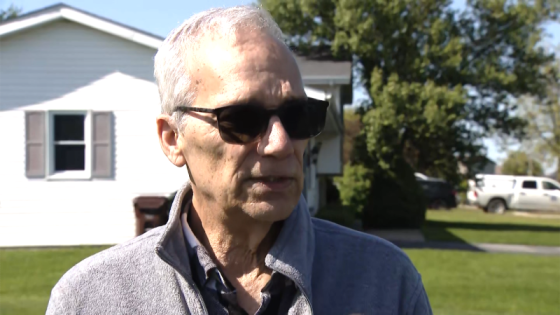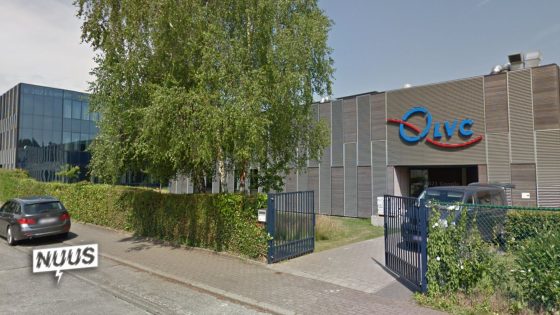The debate over alcohol in Belgian parliamentary bars continues to draw attention. While the Flemish Parliament has already banned alcohol from its parliamentary bar, the federal parliament still allows it. This topic was recently highlighted in an interview with N-VA MP Maaike De Vreese, published on 2025-05-09 19:36:00.
- Vlaams Parlement bans alcohol in bar
- Fedraal parlement allows late-night drinks
- Maaike De Vreese supports responsible drinking
- Alcohol fosters cross-party communication culture
- Non-alcoholic options remain available and accepted
- Drinking problems require support, not bans
De Vreese supports the presence of alcohol in the federal parliament bar, explaining that it fosters informal conversations among members after long sessions. She argues that a glass of beer or wine can help parliamentarians from different parties connect, which is an essential part of Belgian political culture.
But does allowing alcohol in the federal parliament encourage irresponsible drinking? De Vreese believes that parliamentarians are responsible enough to manage their consumption during work hours. This raises important questions about balancing social interaction and professionalism in Belgium’s political environment.
Is the federal parliament setting a bad example by keeping alcohol in its bar? Or does it support the social fabric necessary for political cooperation? Key points to consider include:
- Alcohol helps break down barriers between parties during late sessions.
- Non-alcoholic options are also available, respecting different preferences.
- Removing alcohol might push groups to separate venues, reducing interaction.
- Past incidents of misuse highlight the need for responsible drinking policies.
As Belgium’s political landscape evolves, it will be interesting to see if the federal parliament revisits its stance on alcohol in the bar or if it continues to prioritize informal dialogue as part of its political culture. How can balance be maintained between social interaction and professional conduct?




























